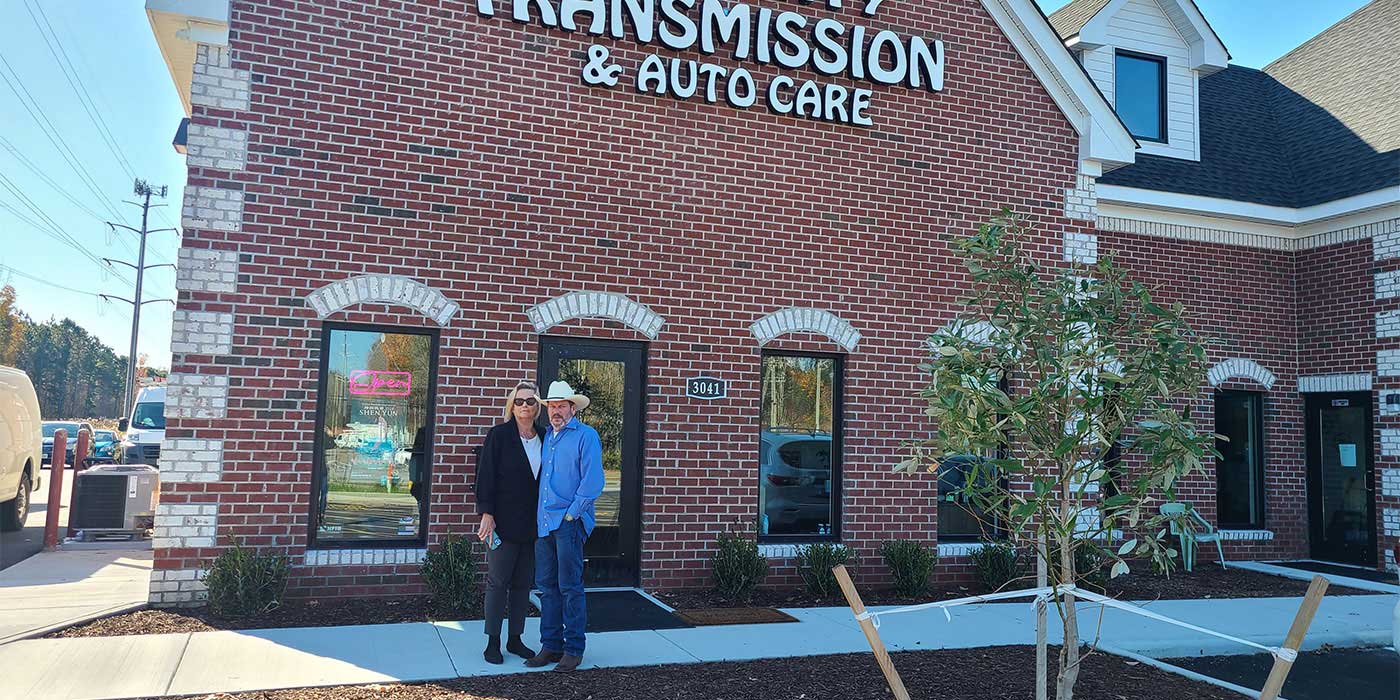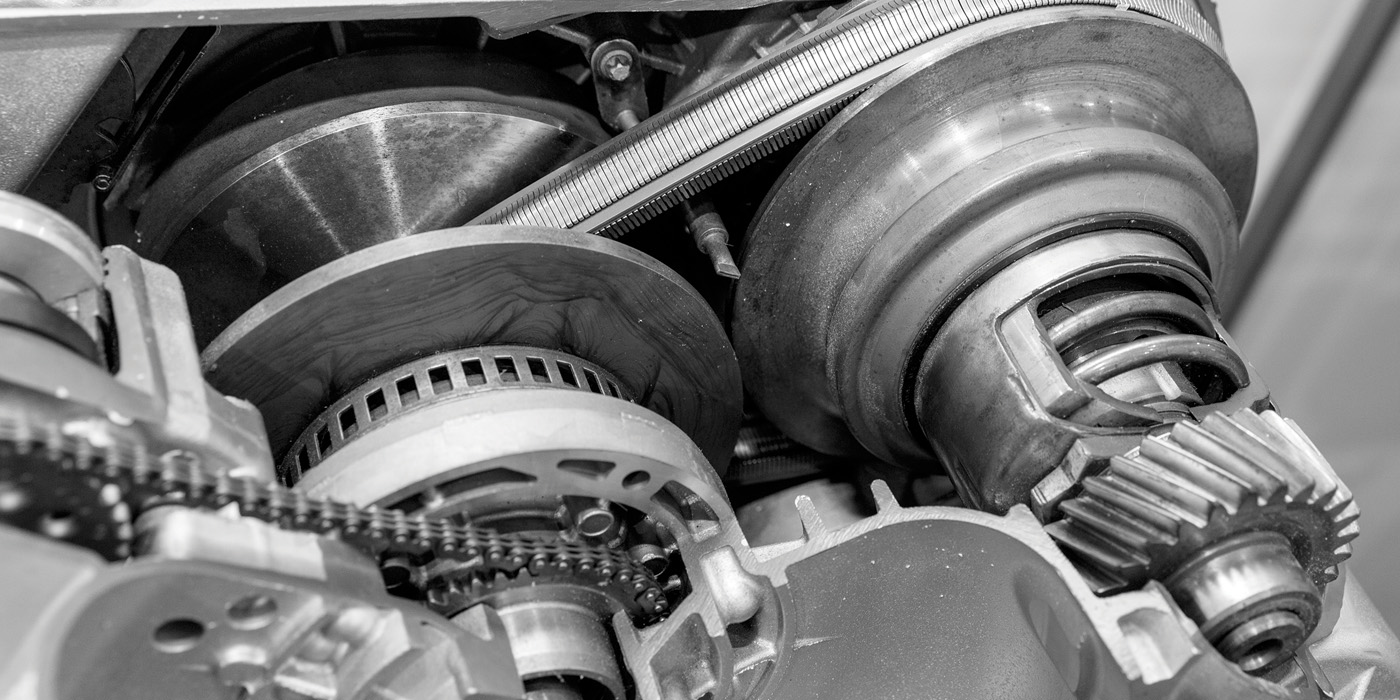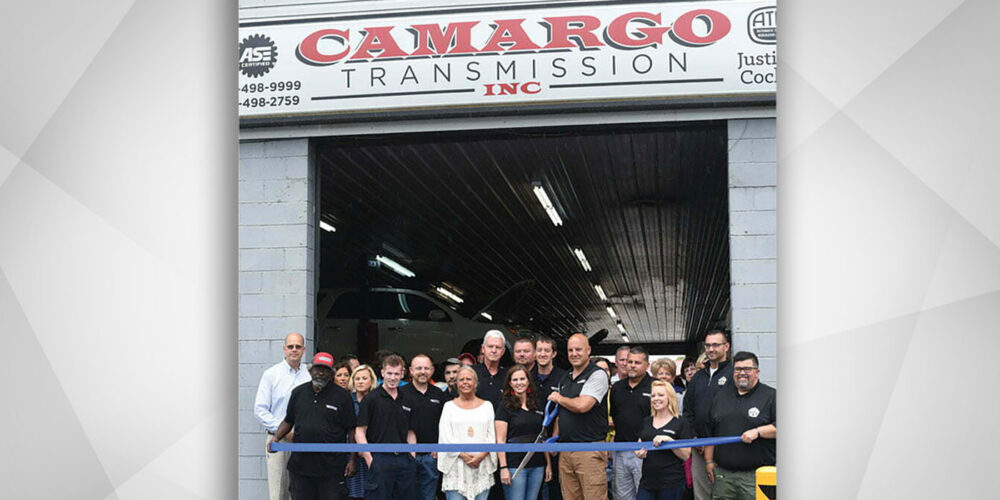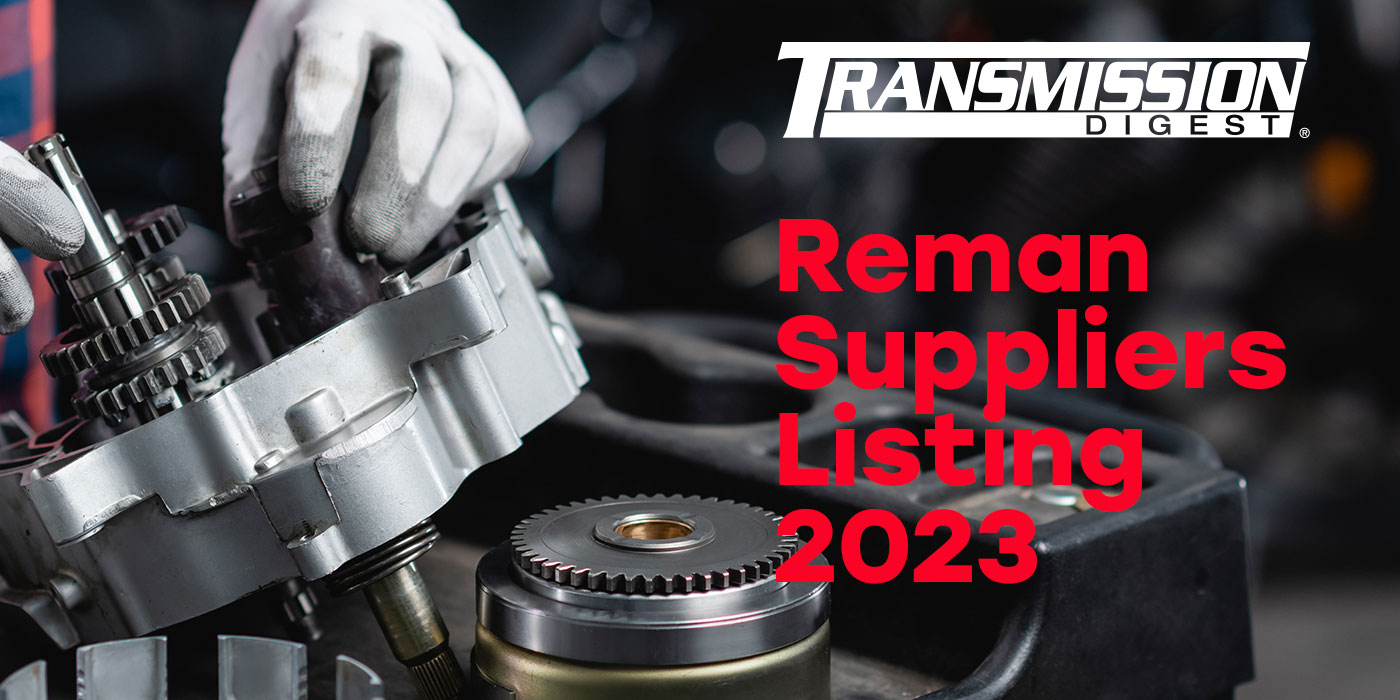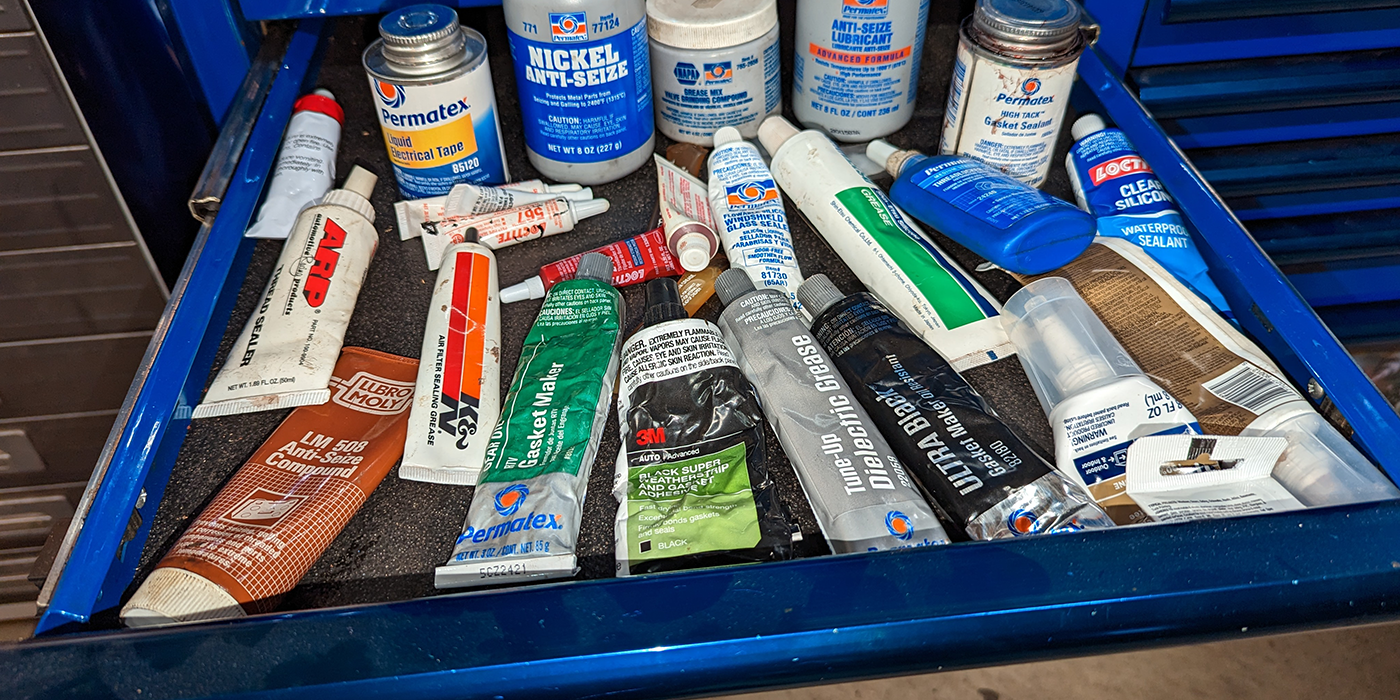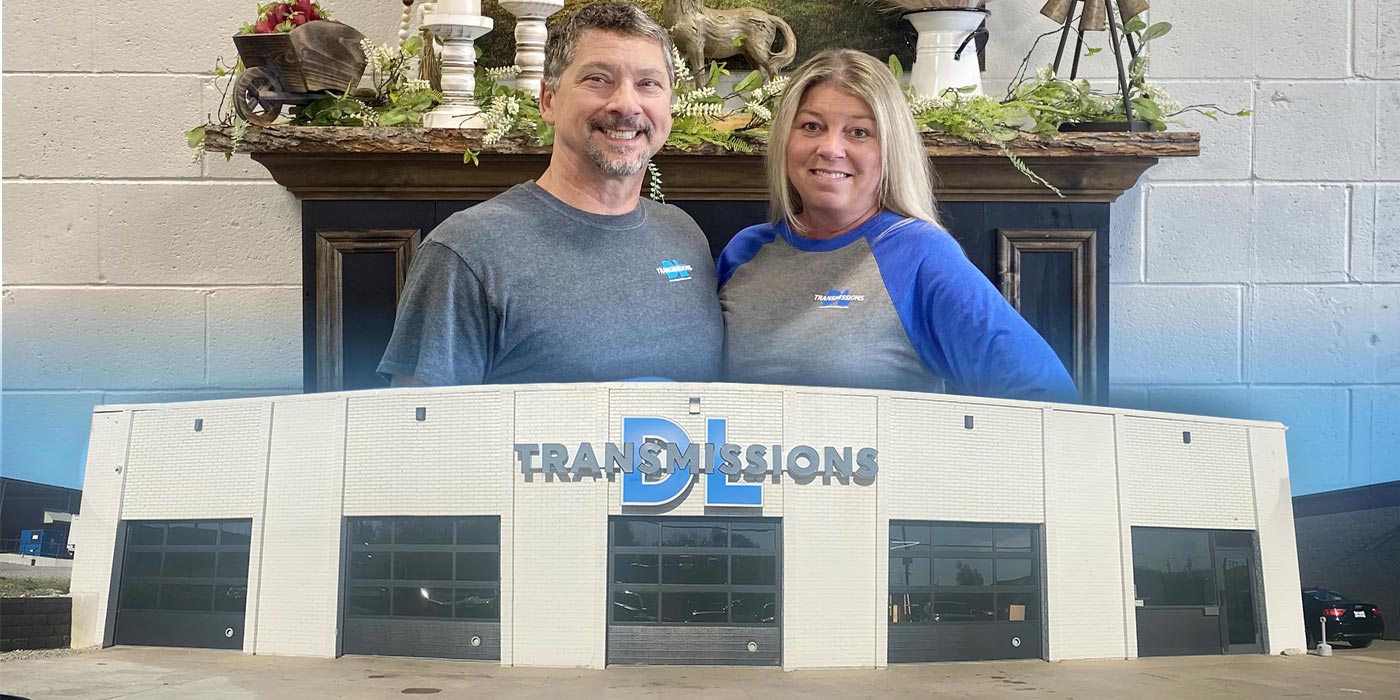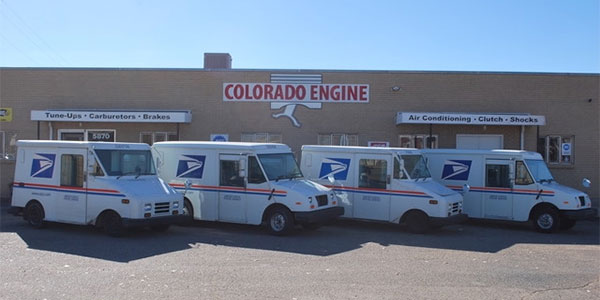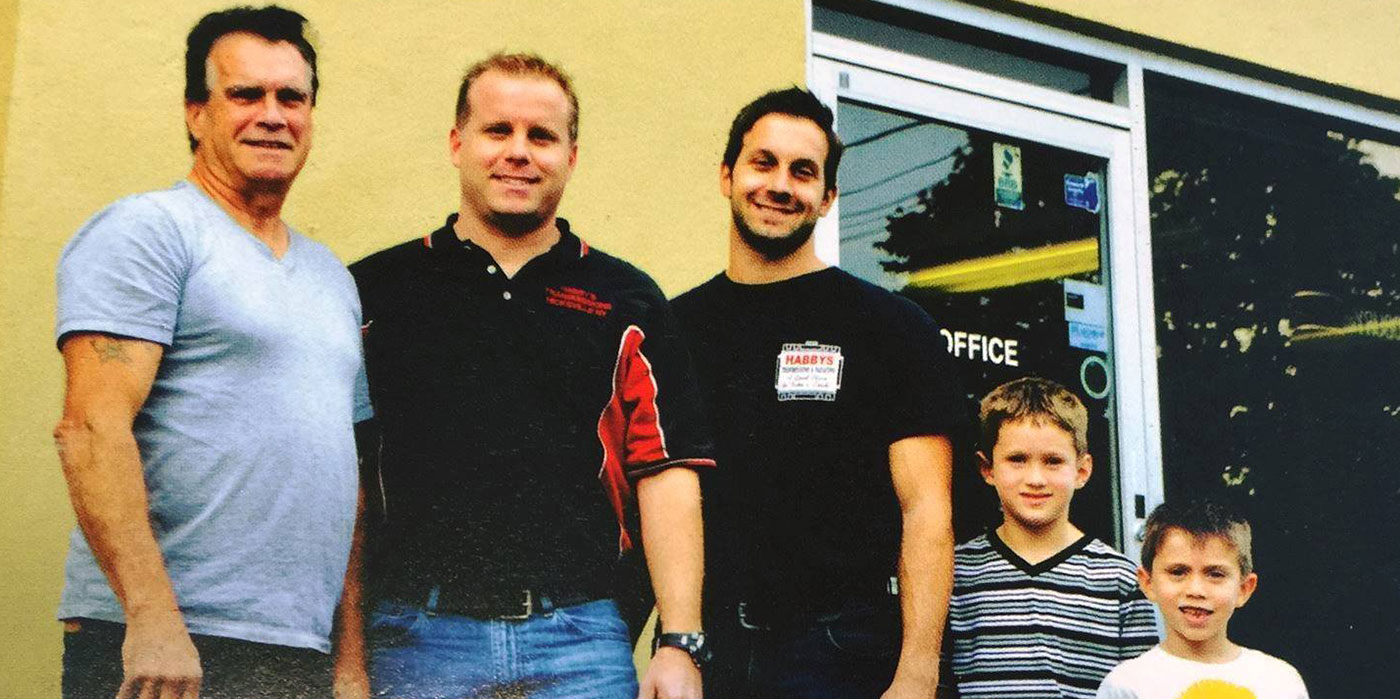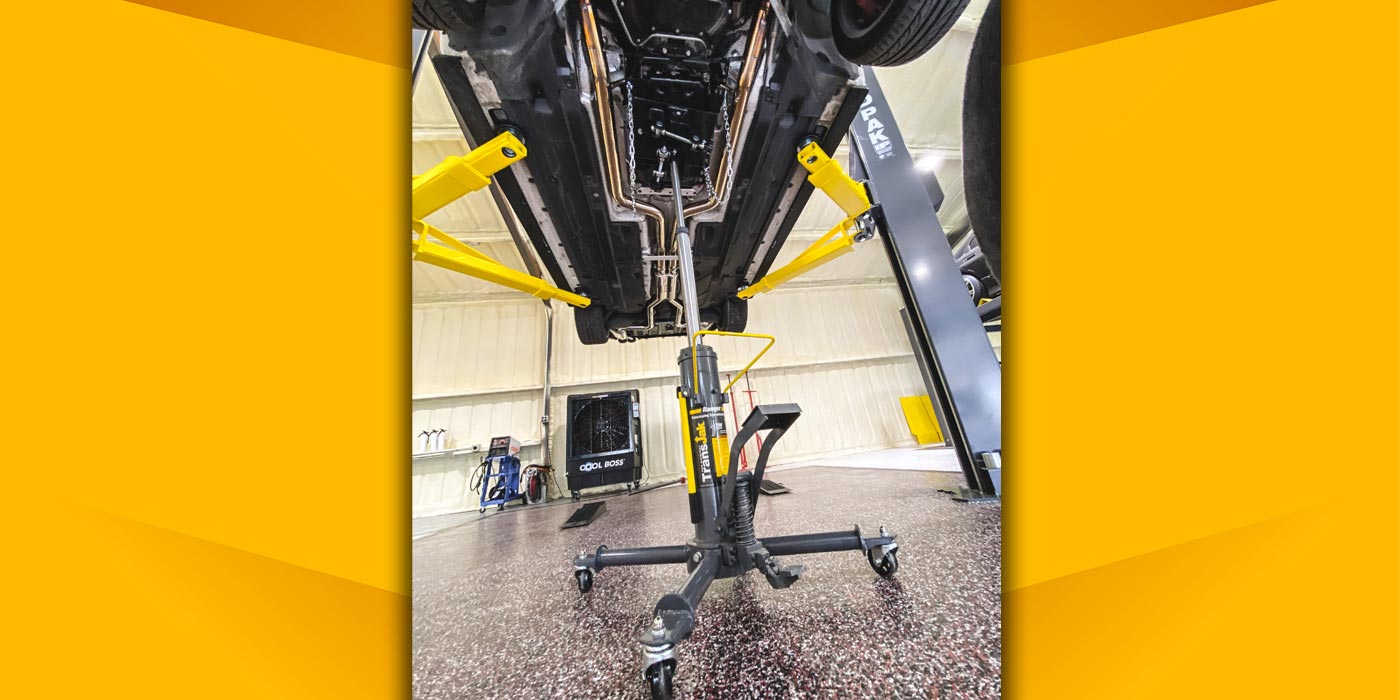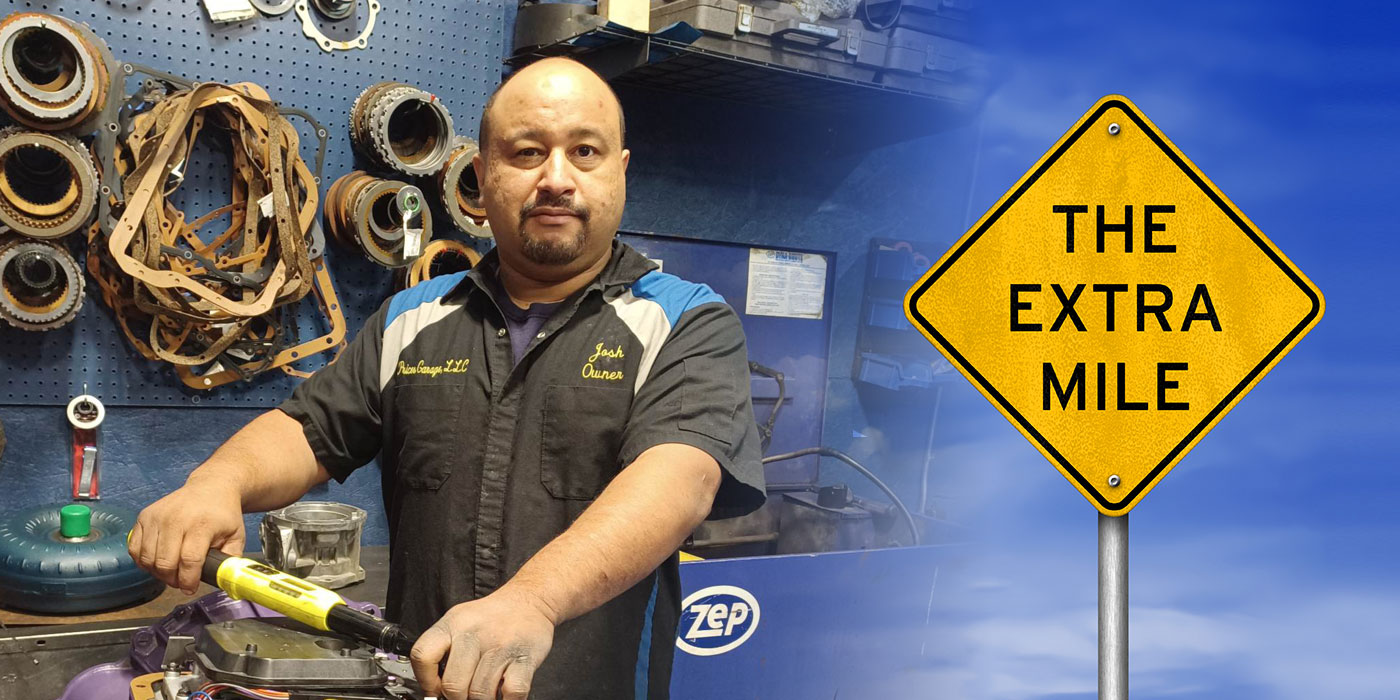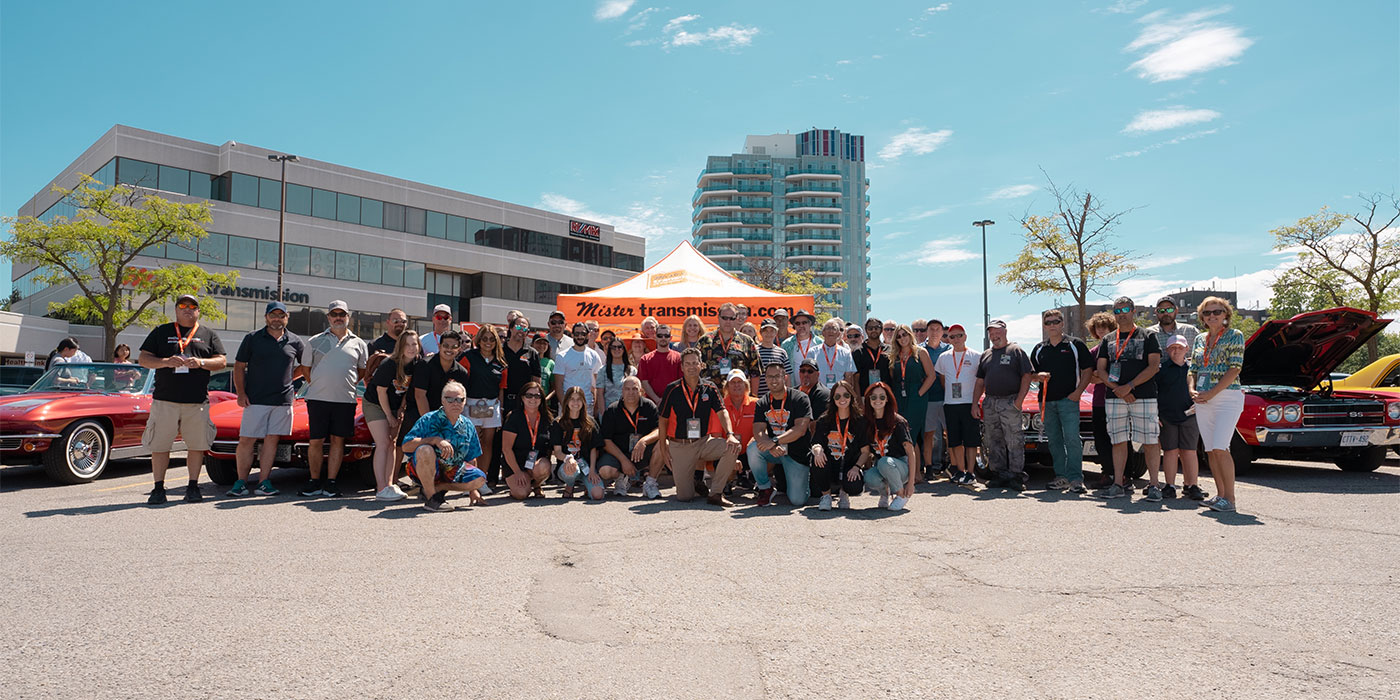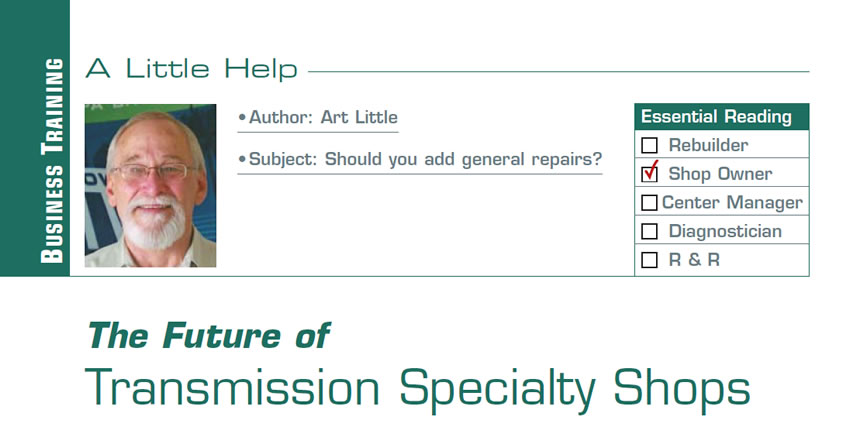
A. Little Help
- Subject: Considering whether to add general repairs
- Essential Reading: Shop Owner
- Author: Art Little
The economy went south, so you tried to figure out what to do. Other shops were doing general repairs. You knew you needed to generate more money so you started selling general repairs too. But was that the right decision for your shop?
It seems like the logical thing to do, but my experiences in a transmission shop tell me not to do general repairs. Too many bad things can happen. I personally do not want to open up that can of worms.
You may disagree, and that is fine, but there are those of us out here who think we can make money in a transmission shop without doing general repairs. Let me give you an example of what I mean when I say there are a lot of bad things that can happen when you start doing general repairs in a transmission shop.
I took on a consulting assignment in an established transmission specialty shop, in business at the same location for more than 25 years. The owner was getting older and was now absentee. The manager was new to the business, with little training. The shop had a diagnostician, a transmission builder and a transmission installer who also did general repairs.
The shop was advertising for transmission and general-repair leads. It was getting enough leads but not making money. The parking lot was full, everybody was working hard, but the profit was not there. As we got into it, I noticed that the diagnostician was recommending an unusual amount of transmission minor repairs and general repairs to the young manager.
Come to find out, the diagnostics were leaning toward the general repairs because the diagnostician was not a transmission diagnostician. I looked at his application, and he had 10 years in general-repair shops. He was qualified to diagnose general repairs but, more important, he was not qualified to make an accurate transmission diagnosis.

He was turning major transmission repairs into minors (which shot the warranty rate and customer complaints through the roof ) and recommending mostly general repairs – repairs that he could work on and be valuable to the shop. He was looking out for his personal job security is what it amounted to.
The young manager did not know what was going on and just sold what the diagnostician told him to. The builder did not step in. He loved it. It was as if he were on vacation. The owner was out of pocket, and now the shop was about to go out of business. As I said, bad things that you would not anticipate can happen when you sell general repairs.
After the owner replaced the diagnostician with a real transmission expert, got some basic training for the young manager and did some Internet advertising emphasizing drivetrain specialty work along with no-credit-check financing for customers, the sales and profits went back up. A shop that was doing 65% general repairs and 35% transmissions changed to 20% general repairs and 80% transmissions. The shop started making money again, and the builder’s vacation was over.
The staff at the shop had been watered down and not working as a team. They were not specialists at anything. They had become just like every other auto-repair shop and had changed the identity of the shop. A transmission specialty shop had turned into a shop chasing money as a jack of all trades.
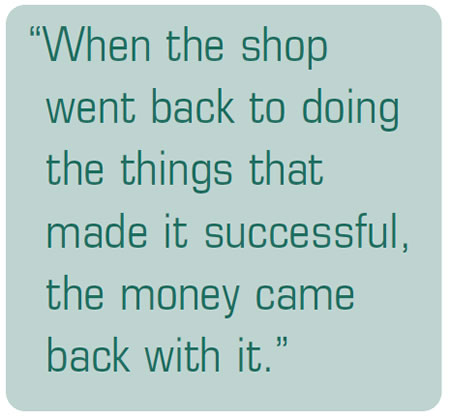
When the shop went back to doing the things that made it successful, the money came back with it. The specialty work was what the customers had wanted and depended on for the past 25 years.
Lesson learned? If it ain’t broke, don’t fix it.
Specialty shops are special. We have special people. We have special skills. We have special tools. We have special equipment. That is what makes us special. That’s why we make the big bucks. You might want to think long and hard about compromising that tradition.
Here are some issues to think about in regard to general repairs:
- Harder to manage production employees
- Distractions from transmission work may be the reason for a lot of the warranty issues.
- Warranty customers blame everything on you, and that leads to too much free diagnostic time.
- Have to buy equipment
- Have to hire general technicians or pay specialists to do work that could be done for less.
- Have to provide training
- Lower profit margin on actual time spent working on the billable hours
- Have to change advertising and hope it works
- How much is too much general repairs?
- Have to pay sales commissions on general repairs with a lower profit margin
- Higher parts-costs percentage on sales
- More accounting
- Work flow is cluttered with low-profit repairs
- Did time-consuming general repairs affect transmission sales?
- Not a specialty shop anymore.
- Are my employees happy?
- Are my customers happy?
Owners of transmission specialty shops have asked their employees to do all sorts of non-specialist tasks over the years. Most of the time the shop owners do not make much money and the tasks are a tremendous distraction.
Managers go into shops that are trying to add new profit centers and are asked to sell mufflers, brakes, tune-ups and motor-oil changes; rent cars, trucks and trailers; and the list goes on. Where does it all stop?
You have to ask yourself a few important questions: Are you sure it will increase your bottom line? If so, by how much? Do you really want to add other services? Do you need to add other services? What effect does it have on your staff? What effect does it have on your customers?
If you were a customer would you want to talk about a $3,000 repair on your vehicle with a manager who had just finished renting a trailer to the previous customer? It sort of cramps your credibility if you are the manager, too.

Great managers will not work in these shops very long. Let me tell you why by looking at a common scenario through the manager’s eyes. We ask him to answer the phone and deal with customers calling for a price quote on replacing a fan clutch or a ball joint. He has to stop what he is doing and look up the parts cost and try to get the customer to set an appointment for a job that is not going to make him much money.
That is just one example of the type of distractions that kill his transmission sales and work flow. Managers of transmission specialty shops work on commission. They are not parts-counter personnel. They have to focus because nobody works until they sell something. Those distractions that do not make them much money delay important sales and work flow and sometimes cost them money by taking away their focus as well-trained transmission salespeople and production managers – not to mention a burnout and stress factor involved with the extra duty.
Most professional transmission technicians don’t like general repairs either. It is just not what they have trained and worked so hard for. It is like asking a guy who has earned a college degree to go back to the third grade. It is a task that is hard to swallow, but they do it because they have a family to feed. It makes them wonder why they did all the work it took to become a transmission specialist.
Transmission specialty shops are fading away, according to the experts. So, is it time for me to throw in the towel? If you are a shop owner I bet you have asked yourself that question more than once. Some of us have tried to make it by adding services to our transmission specialty shops. Others have scaled down their crews to become more profitable. Some have figured out innovative ways to earn more money by working on transmissions only. That is the road I am taking.
We say that if we can get better at being a transmission specialty shop that satisfies every customer, we can make all the money we need without all the hassles of other non-specialty add-on ideas used in the past to take the “special” out of transmission specialty shops.
Here is my short list of list of key elements to success:
- Maybe we do not advertise for general repairs but, rather, take on the general repairs we find in our everyday operation. Pick and choose the profitable ones that we are qualified to do and have the right equipment and tools to diagnose and repair.
- Change advertising – more Internet, less yellow pages
- Revise pricing structure
- Higher lead-to-sale conversion rate through sales training
- More financing options for customers – no credit check
- Create more wholesale work by working on outside sales
- Buy used cars with bad trans and flip them to fill production gaps
- Stress team work
- Strive to get better everyday as a team
- Become more productive by getting everybody organized and communicating
- Respect the profession and eliminate as many distractions as you can in the shop
- Focus on time management as a team.
- Stay focused.
- Keep up with today’s technology
- Invest in latest test equipment and service equipment.
- Be a good teammate; have fun working together.
Everyone has their approach as to what to do in these economic times. We are all concerned about the future. It is up to you, but before you get a neck tattoo that says “I love general repairs,” think about what is best for you and your specialty shop. I look at it this way: If there are fewer specialty shops now, that means there is less competition.
As a transmission man, I do know this. Transmission specialty shops have had a long history of making it through tough economic times, without all these low-profit distractions. That is why, in my shop of the future, I think I will just dance with the one who brought me to the dance.

Art Little is the founder and CEO of TransTeam. He has been a professional manager, trainer, multiple-shop general manager, owner and a business consultant for transmission-shop owners nationwide. Visit www.transteam.com.

